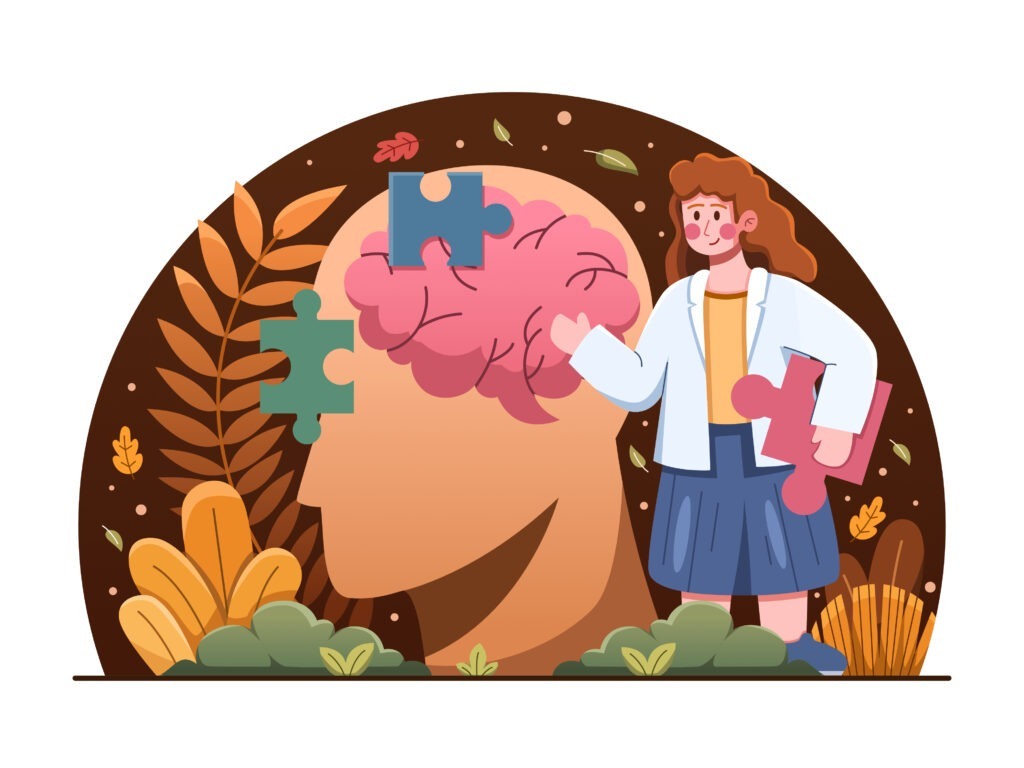Psychoanalysis, a field of psychology founded by Sigmund Freud in the late 19th century, has significantly influenced our understanding of the human mind and behavior. Freud introduced numerous terms and concepts that have become intrinsic to psychology and popular culture. This article delves into some of the key terms used by Freud and explores the basic terms of psychoanalytic thought.
1. Id, Ego, and Superego
Freud proposed that the human psyche is divided into three parts: the id, ego, and superego. The id is the primal, instinctual part of the mind, driven by pleasure and immediate gratification. The ego operates based on the reality principle, mediating between the id’s desires and the constraints of the external world. The superego represents internalized societal and parental values, acting as the moral compass.
2. Oedipus Complex and Electra Complex
The Oedipus complex, named after a character from Greek mythology, describes a child’s feelings of desire for his mother and jealousy and rivalry with his father. The Electra complex, observed in girls, involves similar feelings but focuses on the father. These complexes play a significant role in the development of personality and gender roles.
3. Freudian Slips
Freudian slips, or parapraxes, occur when a person unintentionally says something revealing about their unconscious thoughts or feelings. These slips of the tongue considered meaningful and can provide insights into a person’s hidden desires or emotions.

4. Dream Analysis
Freud believed that dreams are a window into the unconscious mind. He developed methods to analyze dreams, suggesting that dream symbols and latent content (hidden meanings) could provide valuable insights into an individual’s unresolved conflicts, desires, and fears.
5. Defense Mechanisms
Psychoanalysis proposes various defence mechanisms that people unconsciously use to protect themselves from unpleasant emotions or thoughts. Examples include repression (blocking out painful memories), denial (refusing to accept reality), and projection (attributing one’s feelings onto others). These mechanisms help individuals cope with anxiety and maintain psychological balance.
6. Sexual and Aggressive Drives
Freud emphasized the role of sexual and aggressive drives in shaping human behaviour. He argued that libido, the sexual energy, drives human actions and that these energies are channelled and balanced for healthy psychological development. Repression of these natural impulses could lead to psychological issues.
Conclusion
Freud’s contributions to the field of psychology and psychoanalysis have left an indelible mark on our understanding of human behavior. While some of his ideas have been criticized and revised over time, the foundational concepts of the id, ego, superego, defense mechanisms, and dream analysis continue to influence modern psychology. By exploring these terms, we gain valuable insights into the complexities of the human mind and the intricate ways in which it operates. Freud’s legacy lives on, reminding us of the fascinating interplay between the conscious and unconscious aspects of the human psyche.
Ready to begin? Start your online therapy journey today. Book your first session now.




